While working for Dr Anna Sarkadi, my PhD supervisor at Uppsala University, I was introduced to Dr Disa Bergnehr because Anna thought that she could add some real insight into a book chapter that I was starting to write on Family Policies in Sweden, to be published in the Handbook of Family Policies Around the Globe.

I started emailing Disa, and we hit it off right away. She was very enthusiastic about publishing, especially on a topic related to her field–Swedish family policy.
Disa works three hours south of Uppsala University at Linköping University, which is also where she earned her PhD in 2008 in the Department of Child Studies (called in Swedish Tema Barn) (see Disa’s LinkedIn page for more information). Therefore our relationship was primarily based through email, while some Skype. This isn’t the easiest feat, especially for two researchers, which two thoughts on how a book chapter should be written, who never met each other.
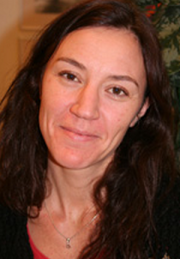 But the book chapter flowed seamlessly And during the summer of 2012, the book chapter was written and accepted by the editor, Dr Mihaela Robila to be published by Springer in mid-June 2013; encompassing 500 pages of family policy from dozens of countries all over the world! We were now part of what will become the quintessential book for scholars, researchers, and graduate students wanting to know more about family policy issues from a world perspective!
But the book chapter flowed seamlessly And during the summer of 2012, the book chapter was written and accepted by the editor, Dr Mihaela Robila to be published by Springer in mid-June 2013; encompassing 500 pages of family policy from dozens of countries all over the world! We were now part of what will become the quintessential book for scholars, researchers, and graduate students wanting to know more about family policy issues from a world perspective!
Our relationship flourished and right before the final draft, I was able to make a trip down to Linköping to meet Disa and go over the last revisions to the chapter; and of course a celebratory dinner for a job well done!
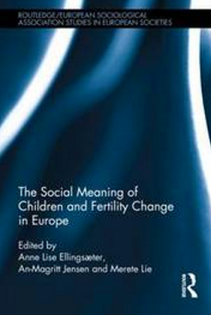
Disa mainly studies the transition to parenthood: that tumultuous time when couples go from the care-free life, disposable income, and mainly work-responsibilities to being parents! And all of the stresses, burdens, and barriers that can greatly affect relationships. Besides the various academic publications on this (and other) topic(s), she also published a book entitled Timing Parenthood: Independence, Family, and Ideals of Life and has a book chapter in The Social Meaning of Children and Fertility Change in Europe.
Developing our working relationship further, Disa and I will continue researching and writing together. Our next project: Head Start preschool teachers: What motivates them to stay or leave working for a preschool organization?
 research and work, as well as allows them to network with similar like-minded people.
research and work, as well as allows them to network with similar like-minded people.
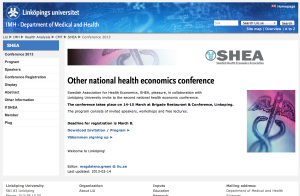
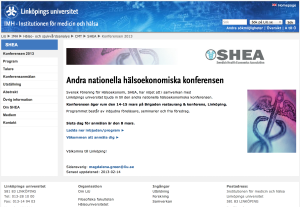
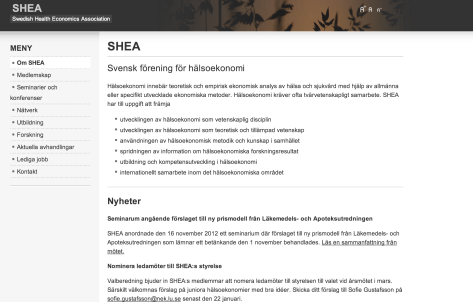
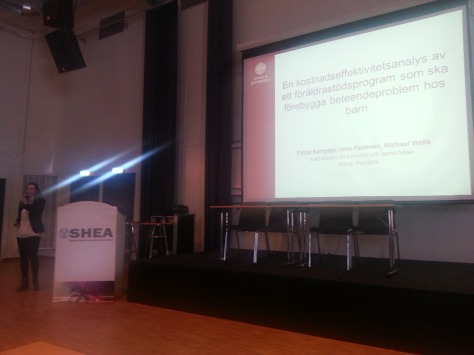
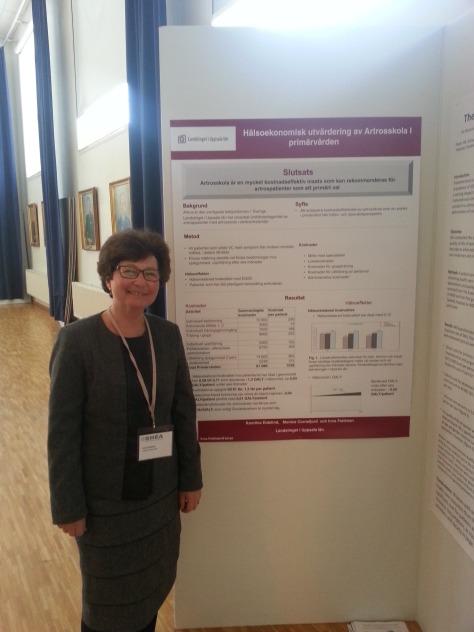
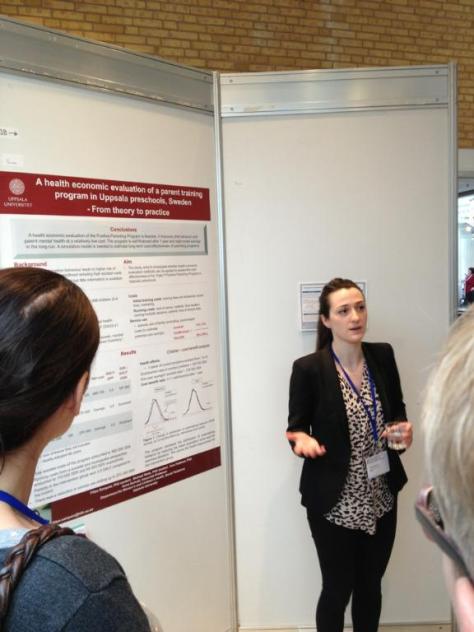
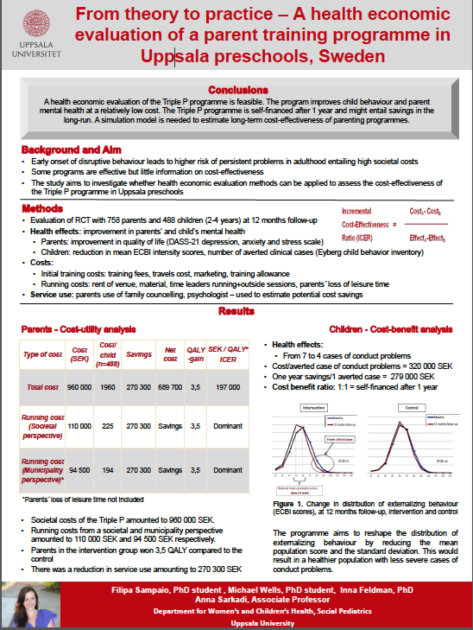

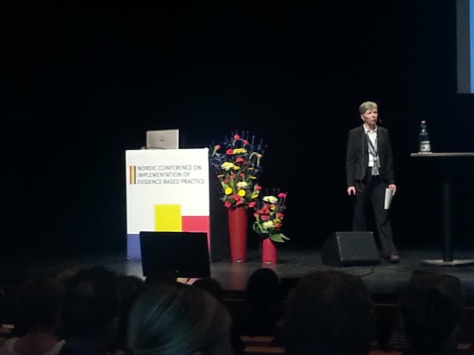
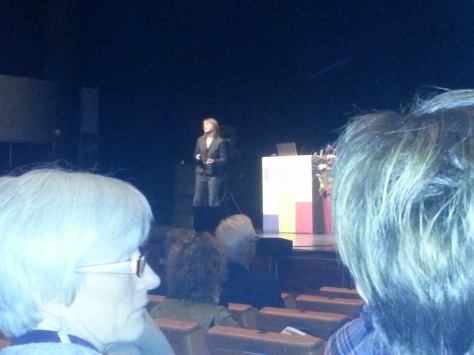



 But the book chapter flowed seamlessly And during the summer of 2012, the book chapter was written and accepted by the editor,
But the book chapter flowed seamlessly And during the summer of 2012, the book chapter was written and accepted by the editor, 